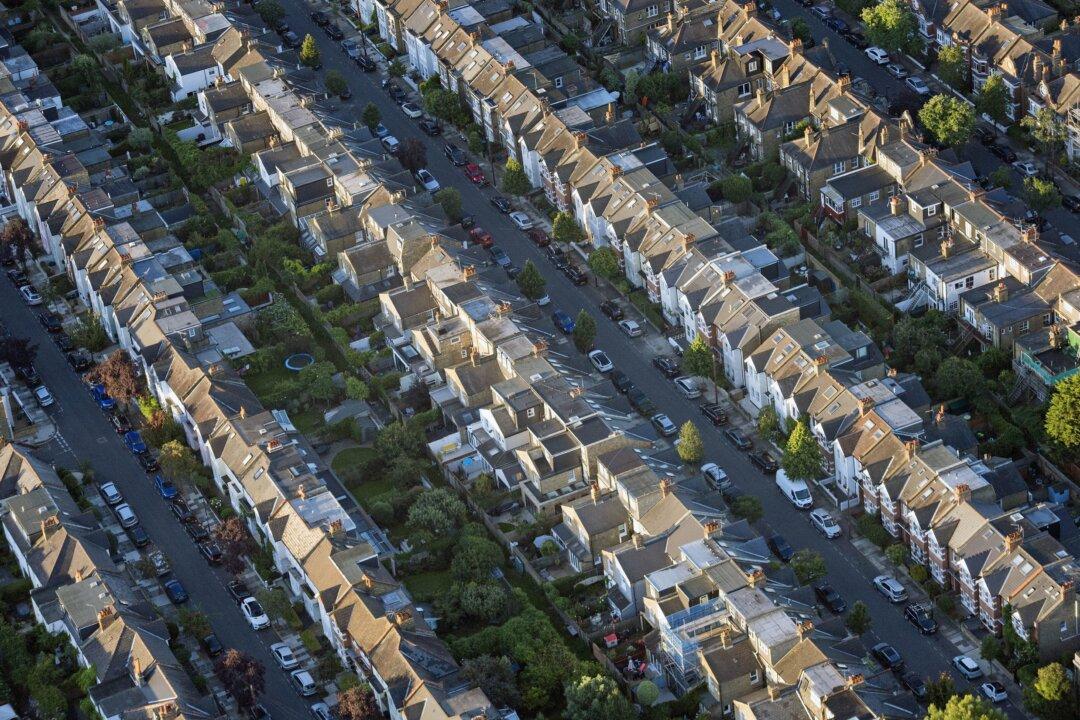The age of “massive rises of house prices” may be coming to an end, a senior economist from the government’s spending watchdog has said.
Prof. David Miles, one of the three members of the top committee of the Office for Budget Responsibility (OBR), said on Wednesday that an increase in remote working following the outbreak of the COVID-19 pandemic will lead to less upward pressure on residential property prices, as it has given many people more options about where they can live.





